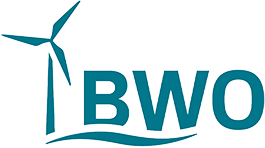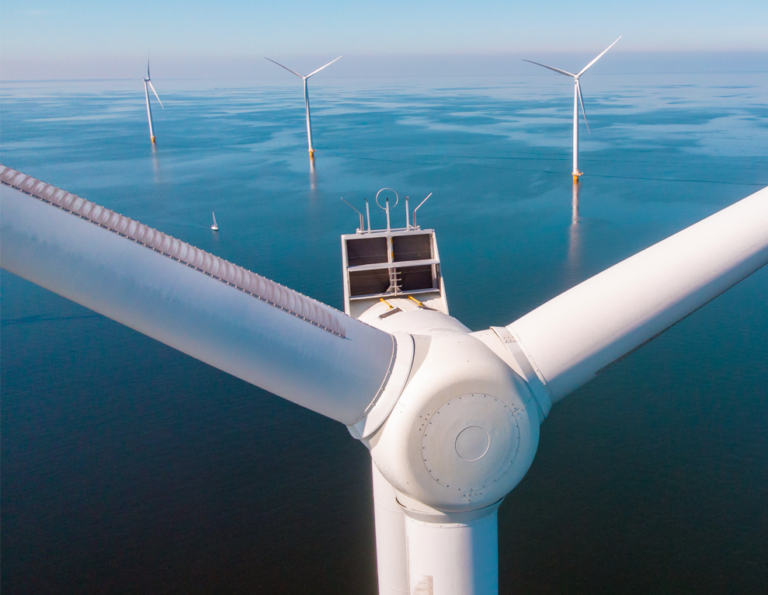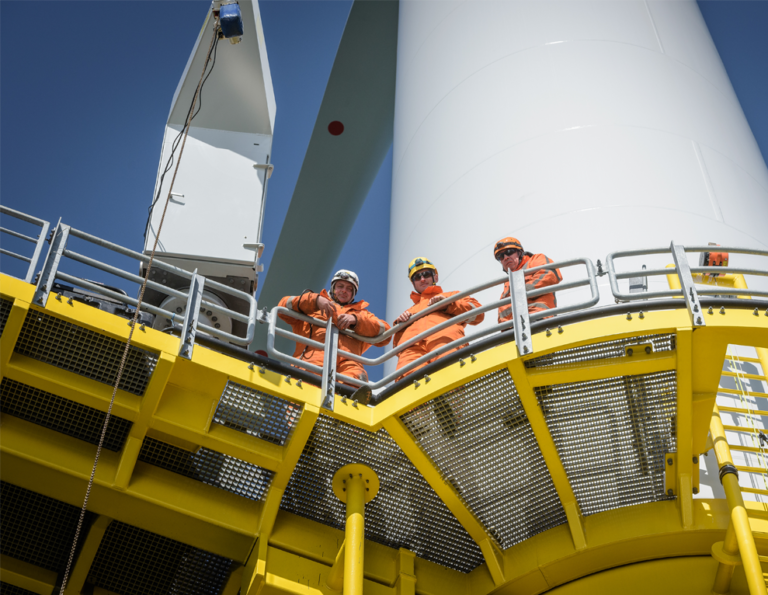Offshore wind needs industrial policy!
The offshore wind industry makes recommendations for industrial policy action
“A look at the German ports makes it particularly clear how much has to happen in the next few years. In order to create logistics centers for the offshore wind industry in a timely manner, enormous expansion and conversion measures are necessary,” explains a broad alliance of industry organizations in the offshore wind industry in a jointly published paper. This involves deepening harbor basins, strengthening quay edges, creating additional space and organizing reliable hinterland connections via rail, heavy goods transport or inland waterway transport. “Investment decisions must be made as quickly as possible so that the inadequacy of the port infrastructure does not become a cork on the expansion of offshore wind energy in Germany,” it continues.
The offshore value chain urgently needs industrial policy signals to prepare for the impending global rush for the limited resources and production capacity for the expansion of offshore wind energy. The industry therefore provides concrete recommendations for action for politicians in order to quickly address the foreseeable bottlenecks.
There are also problems at every turn when it comes to production capacity. “The foreseeable order list ranges from installation ships and cables to large components for the wind turbines themselves - the European plants will soon have reached their capacity limits,” says the industry. Offshore expansion targets are increasing worldwide. In Ostend in April 2023, nine European governments agreed on expansion targets of 120 GW of offshore wind energy in the North Sea by 2030 and 300 GW by 2050. In the Marienborg Declaration, 20 GW of all Baltic Sea states was also declared a target for 2030. The US government is planning 30 GW by 2030, the Asia-Pacific countries (APAC) have planned 2030 GW by 235. However, due to the unavoidably long lead times for projects, there is currently a lack of financing security to make the offshore value chain “expansion-ready”. Numerous political adjustments could provide relief here. For example, the industry is proposing opening up KfW's discounted “Offshore Wind Energy” loan program to the offshore value chain.
As is often the case, a fundamental problem in all of this lies in the bureaucracy: “Accelerating approval procedures and a general simplification of the approval processes would have positive effects on the entire value chain. The earlier the orders are received, the faster the liquidity required to expand production capacities can be made available,” explains the industry. A sustainable acceleration and streamlining of all types of approval processes creates investment security for constant expansion along the entire value chain - an urgently needed signal that has unfortunately been a long time coming.
Download:
Industrial policy recommendations for action – offshore wind energy



